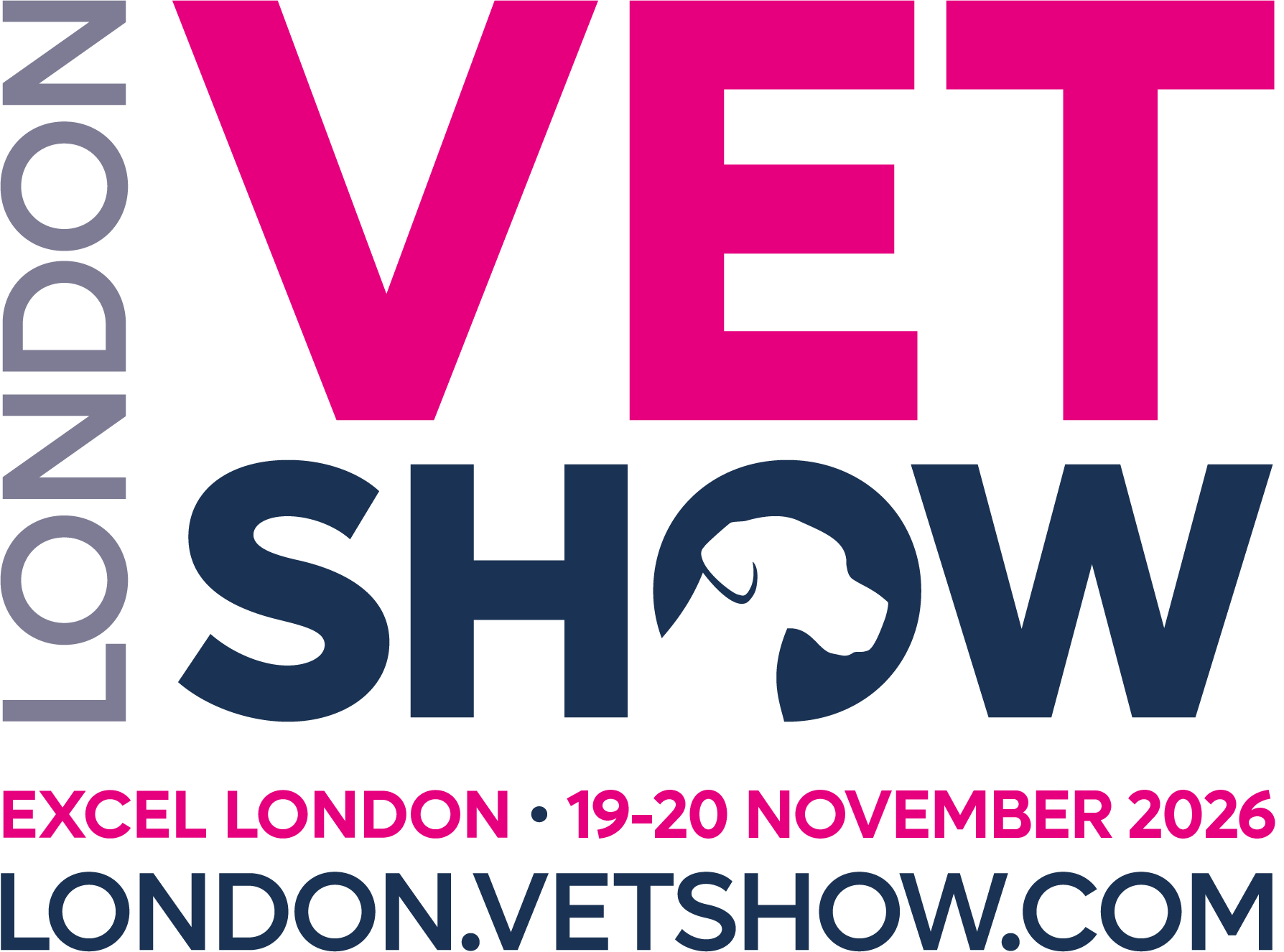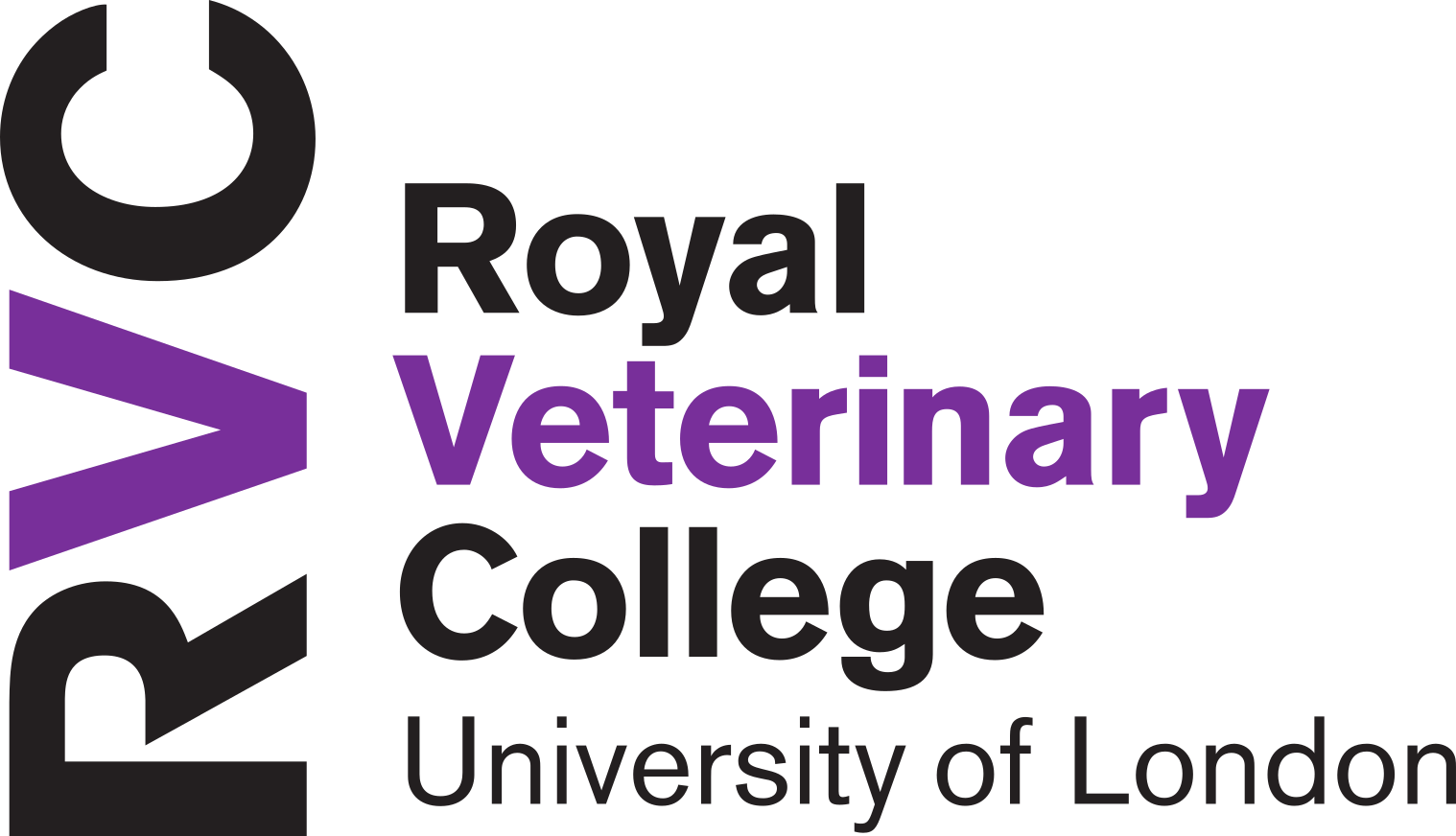The Retirement Rx for Millennial and Gen-Z Veterinary Professionals
)
Retirement? That seems a distant glimmer in the future, doesn’t it. A very long way off that a very future you can sort out when the time comes, surely?
In this blog, I aim to convince you that the opposite is true and to get you just a little bit excited about planning for retirement.
Let’s see if I succeed.
And no, this isn’t coming from a 60-year-old near-retiree. I’m Alice, a 28-year-old vet whose hobby is talking about money. That sometimes looks like discussing pension options with my friends, writing on my own website about personal finance or filming reels on Instagram discussing salary transparency.
Sure, I might not be what you imagined as that person nagging you to get your finances in order but have a read on and see if you can see why personal finance can be exciting, empowering and the key to life change.
Why should millennial and Gen Z vets and RVNs think about retirement?
Retirement is often very easy to leave at the bottom of the list when it comes to life and money. If you’re a young millennial or Gen Z, you might have some pretty hefty financial milestones up ahead – maybe you want to travel once you leave vet school or after the first few years of working, maybe you want to buy a house, a wedding a little later, start a family in the next 10 years… These are all very big deals, but retirement can be a significant portion of your life – around 15 years if you look at the UK average life expectancy – so it should really be part of the list.
Your employers and state pension aren’t as much as you think
Most of you reading this should be automatically signed up to your workplace pension scheme. Auto-enrolment became the law in 2012 and means that every month, part of your paycheck is submitted into a pension pot managed by a pension provider before you receive it. Your employer will also then match what you put in by a certain percentage.
The key here is logging into your account and having a look at your predicted nest egg once you reach retirement age. Each pension provider usually has a calculator that takes into account gradual salary increases over the years, how long your contributions have to grow and what that’ll look like for you when you have access to it at 65.
For a 5-year graduated vet, let me give you a little spoiler – it’s not a lot.
And sure, you also get a top-up of state pension depending on your National Insurance (NI) contributions, but this totals a maximum £203.85 per week currently.
For me, continuing to live at my current standard of living once I retire will not be possible on my workplace and state pension alone. I’d urge you to have a look and see for yourself too.
The majority of veterinary practice is female
You probably already know about the gender pay gap, but have you heard of the gender pension gap?
That is, the difference in pension savings wealth between men and women at retirement age. In a UK study in 2022, women are retiring with £137,000 less in their pension than men (NowPensions). And scarily, women are expected to live longer than men (on average 3.7 years longer), so need their lower pension to stretch even further.
This happens for a number of reasons:
- The gender pay gap (women earn 17% less than men for hourly rates for veterinary surgeons according to SPVS).
- Women typically spend 10 years away from the workforce (across all industries) to start families and care for children and relatives (NowPensions)
- Women are more likely to have part-time jobs for the above reasons too. If their part-time job earns less than £10,000, then they will not be auto-enrolled into a workplace pension scheme.
Why is this important to think about? As we know there is a disproportionately large percentage of vet staff who are female. 96% of new veterinary nursing registrants to the RCVS were female in 2021, and over 60% of veterinary surgeons are female. Therefore, being aware of this is really important so that vet professionals can start putting systems in place now to make sure they can set themselves up for equal pension wealth by retirement age.
How much difference can I actually make to my retirement?
You know what they say about pension savings: start early, and if you didn’t start early, start now. The good thing about being Gen Z or a young millennial is that you have the chance to start early!
When you start saving for retirement early, you get the added benefit of the miracle of compound interest. This means that anyone in their 20s or early 30s will usually end up with a lot more in their pension pot, than those who start in their 40s due to the snowball effect of compound interest.
If you start with £200 when you’re 25 years old and invest £100 every month in a SIPP or Stocks and Shares ISA for 40 years, you’d end up with around £154,073 (estimated interest rate 5%) at 65 years old.
Whereas, if you start with £200 when you’re 40 years old but start saving £400 every month (4x more), you’d only end up with £107,338 at retirement age.
You can see why I’m pretty passionate about getting young vet professionals to think about retirement savings right now, because it can make a huge difference to future you.
Once you’ve started thinking about retirement and you start setting up your own retirement savings external to your workplace pension – these might be in a stocks and shares ISA, a SIPP (self-invested private pension) or maybe a Lifetime ISA – you might want to consider whether you can aim to retire earlier than the standard 65 years old. I’ve written about this in a previous blog.
Another reason that vet professionals in their 20s and early 30s can get excited about personal finance is that you actually can achieve early retirement if you really put your mind to it.
And it doesn’t have to mean a lifetime of sacrifice and no fun. With careful budgeting, planning, and maybe help from an independent financial advisor, you can save your way to financial freedom a lot earlier than you might think.
Need a little help?
I realise that with the current economic climate: the cost-of-living crisis and sky-rocketing mortgage rates, money can be a really tricky subject for many people to talk about.
There’s never a perfect time to get started, and it’s important to reiterate that financial advisors are there for everyone, no matter where you are on your financial journey or how old you are.
Just like we don’t expect our pet owners to know everything about their pet’s health, and we’d much rather they reach out with questions, the same goes for independent financial advisors!





